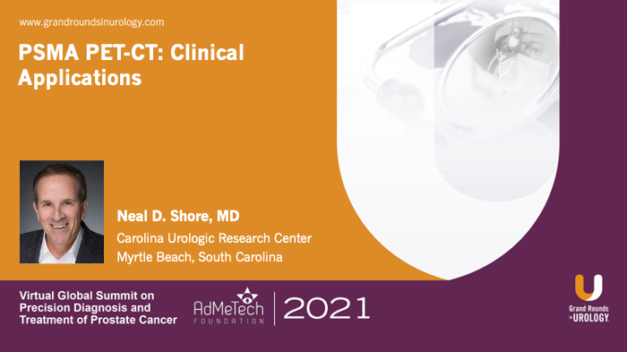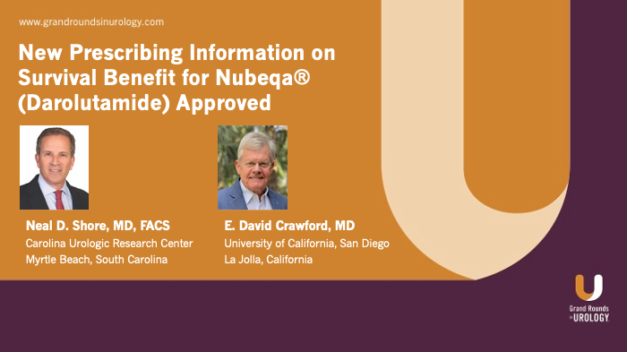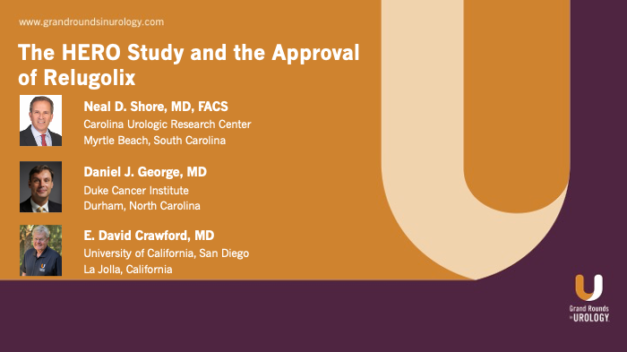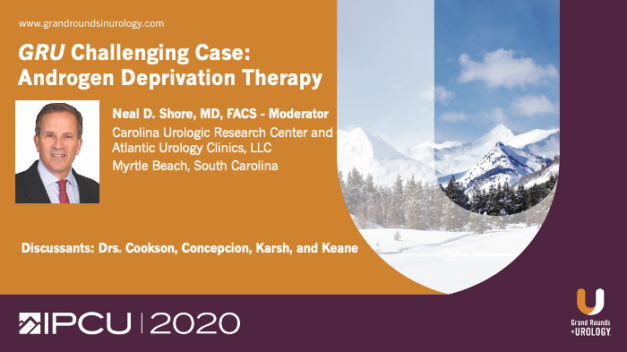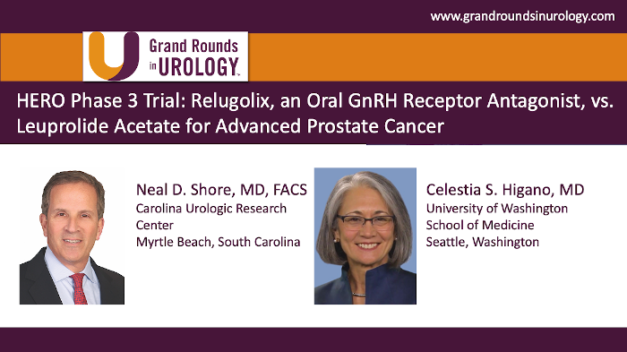PSMA PET-CT: Clinical Applications
In this presentation, supported by Telix Pharmaceuticals, Neal D. Shore, MD, FACS, Medical Director for the Carolina Urologic Research Center in Myrtle Beach, South Carolina, presents advances in PSMA PET-CT imaging for staging, prognosis, and clinical management of prostate cancer. He first describes prostate cancer metastases before explaining prostate-specific membrane antigen (PMSA) and how it serves as an effective molecular target for metastatic prostate cancer. Dr. Shore reviews the pros and cons of conventional imaging techniques such as bone scintigraphy, computed tomography (CT), and multiparametric MRI (mpMRI). While treatment guidelines recommend conventional imaging, he notes that bone scans and CT positively identify less than 10% of men with biochemical recurrence and in particular lesions that are <1 cm with a PSA <20 ng/mL. He then compares the benefits of PSMA as an imaging target: it is upregulated in prostate cancer, the degree of expression is positively correlated with tumor state and higher risk of recurrence, there is a positive correlation between PSMA expression and Gleason score/grade, and it may be targeted with either a small molecule or antibody. Dr. Shore reviews numerous studies demonstrating the effectiveness of PSMA PET-CT in metastatic prostate cancer but indicates there is insufficient data on the use of PSMA PET-CT in patients with hormone-naïve disease. He then considers patient selection and points out several downsides including increased cost of care and the potential impact of health disparities. He concludes that PSMA PET-CT is particularly useful in detecting prostate cancer that is otherwise not identified by conventional imaging and in cases with low serum PSA.
Read More
